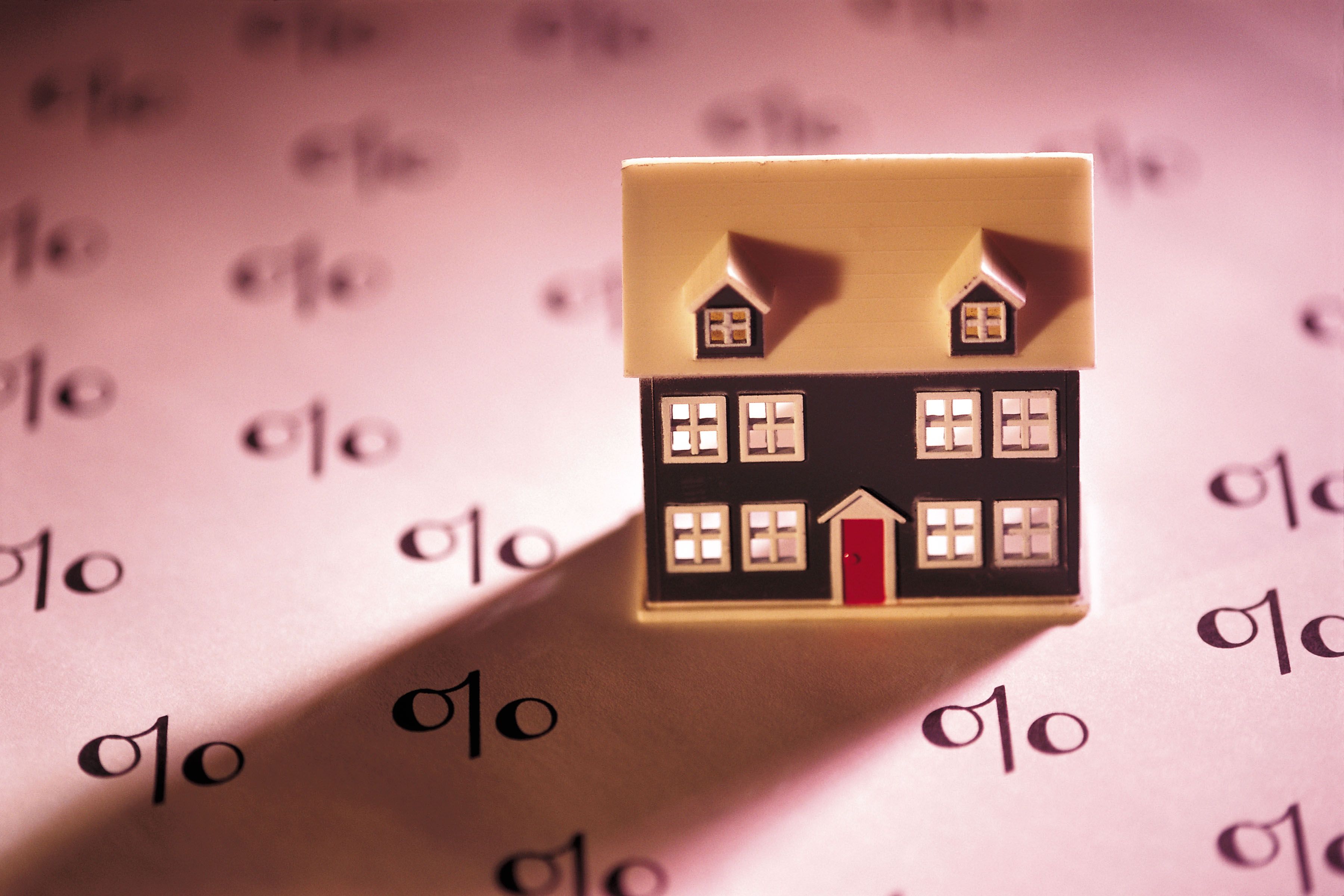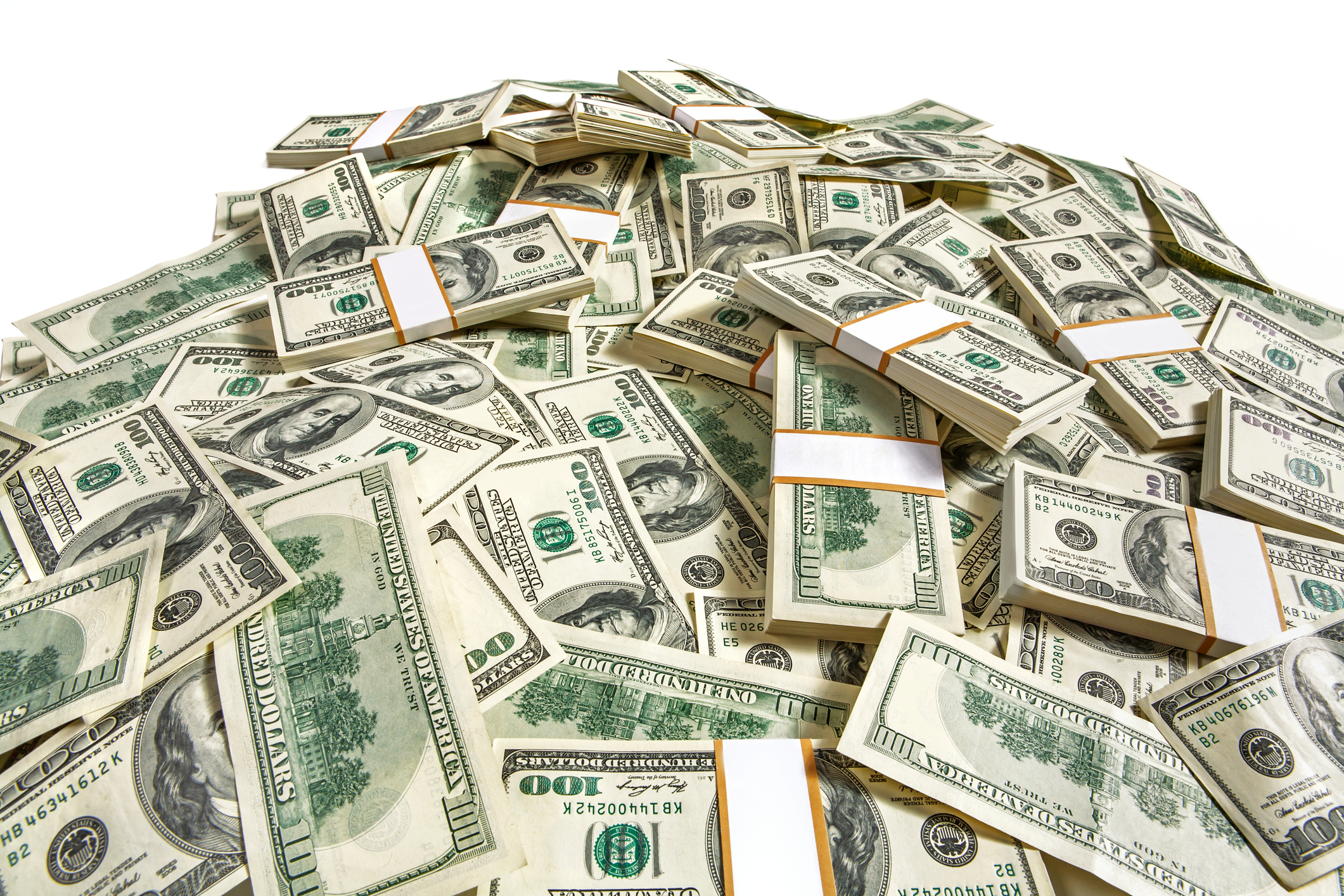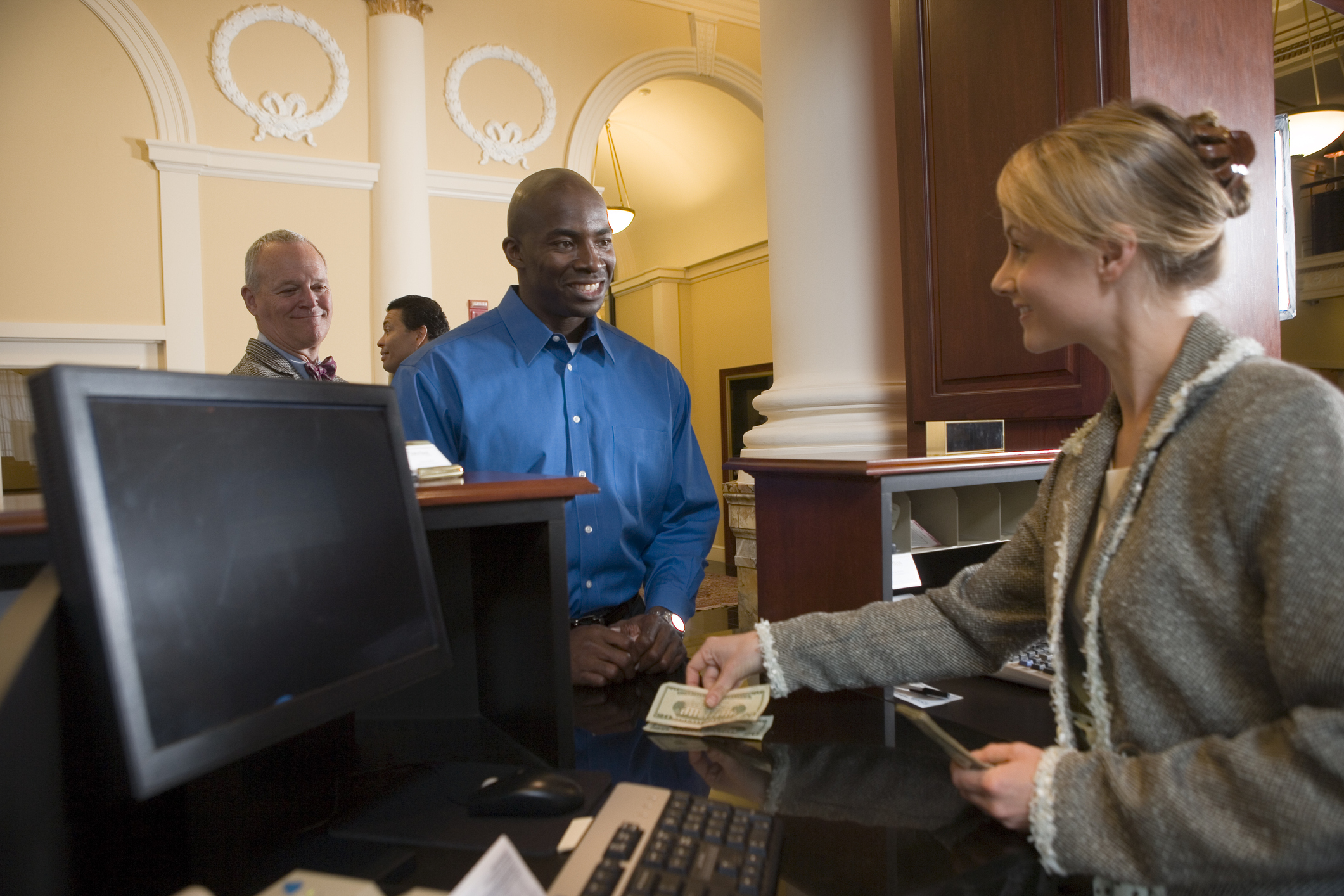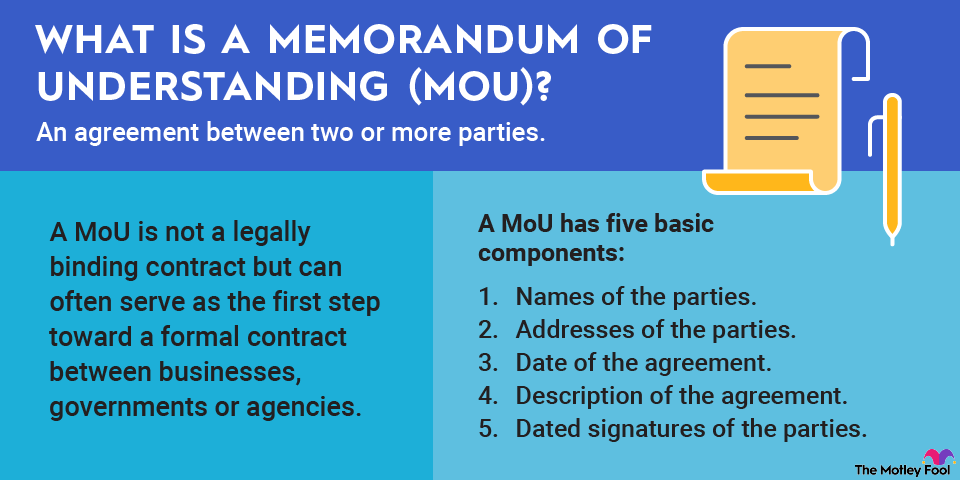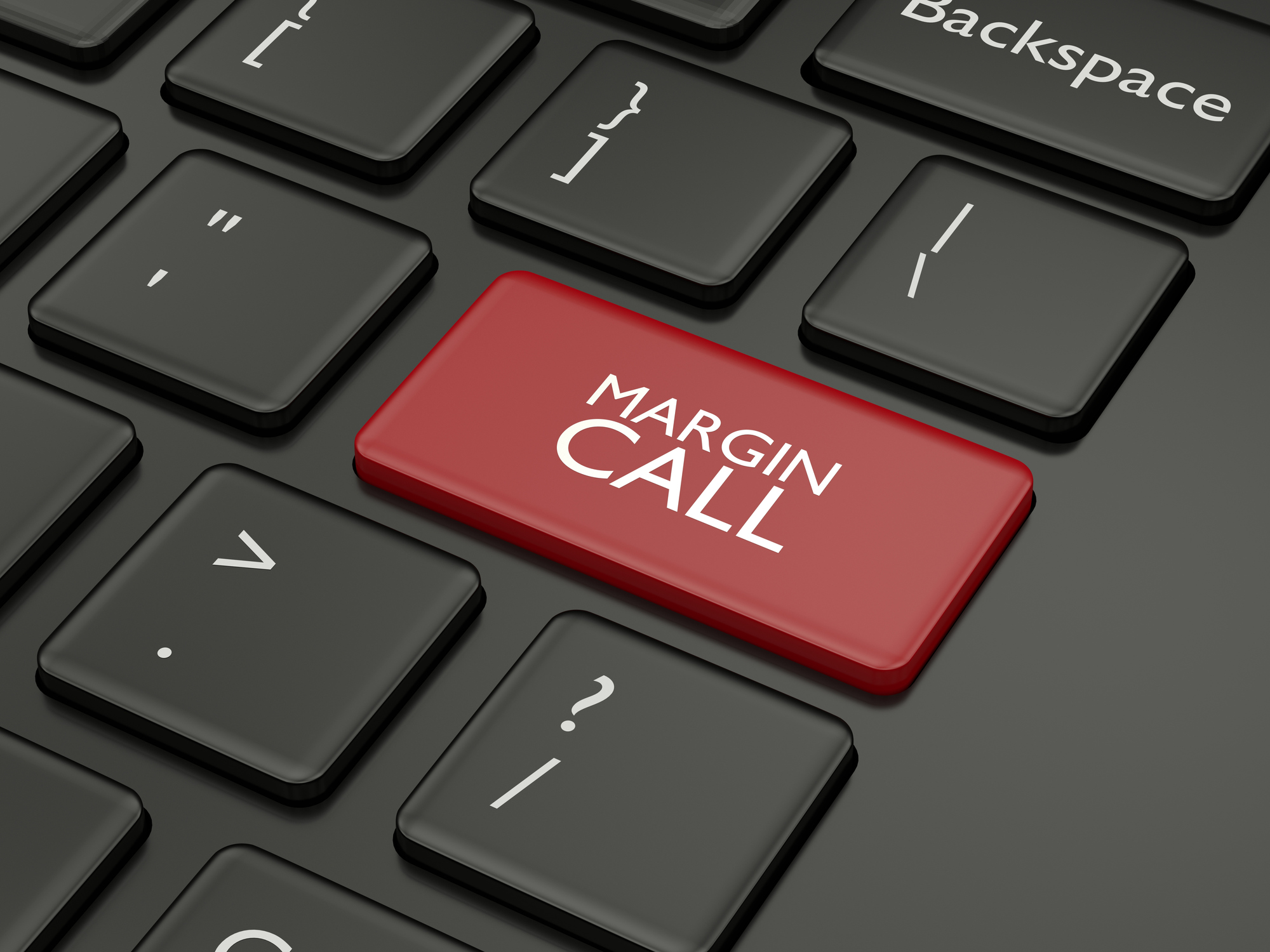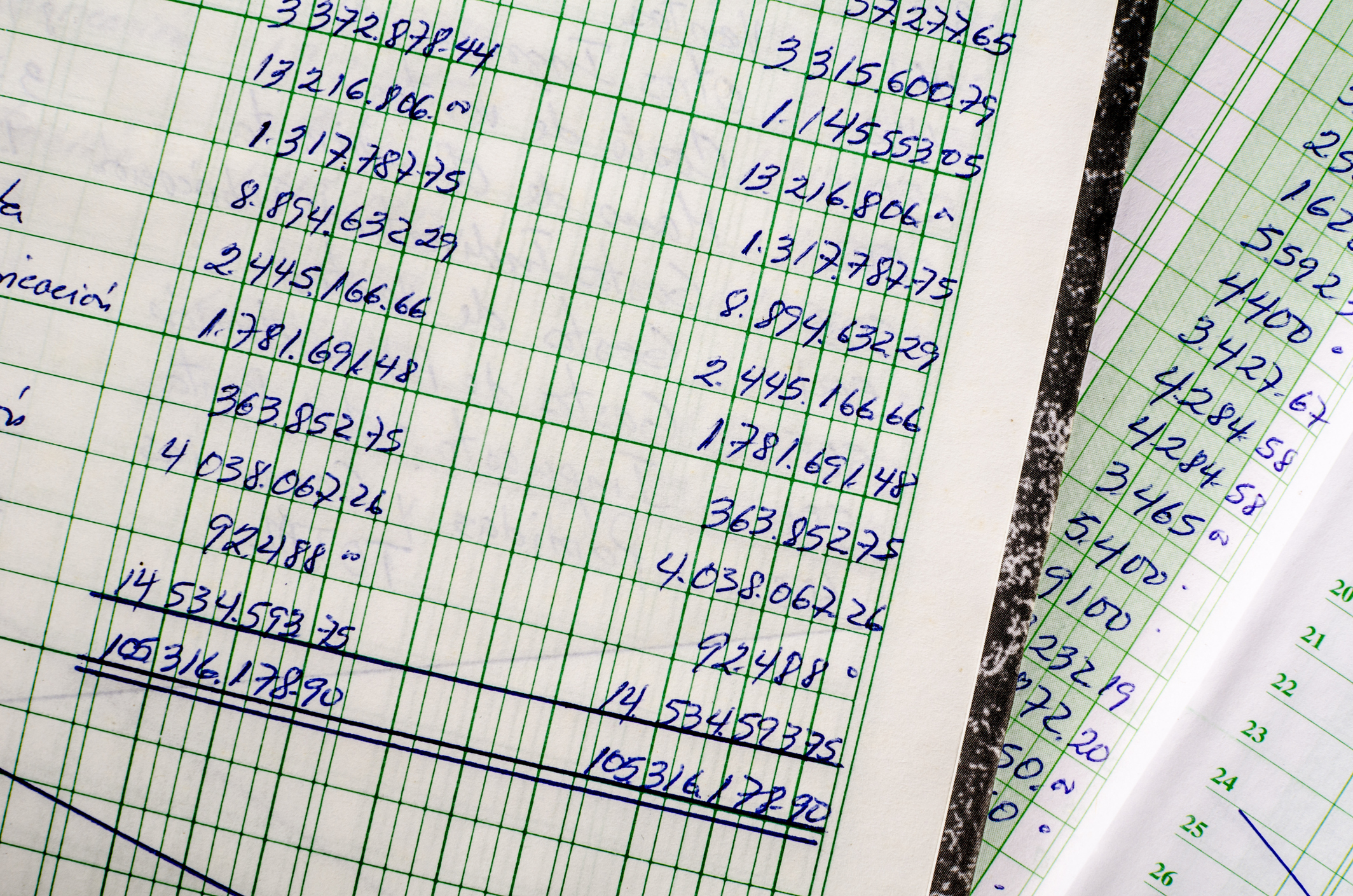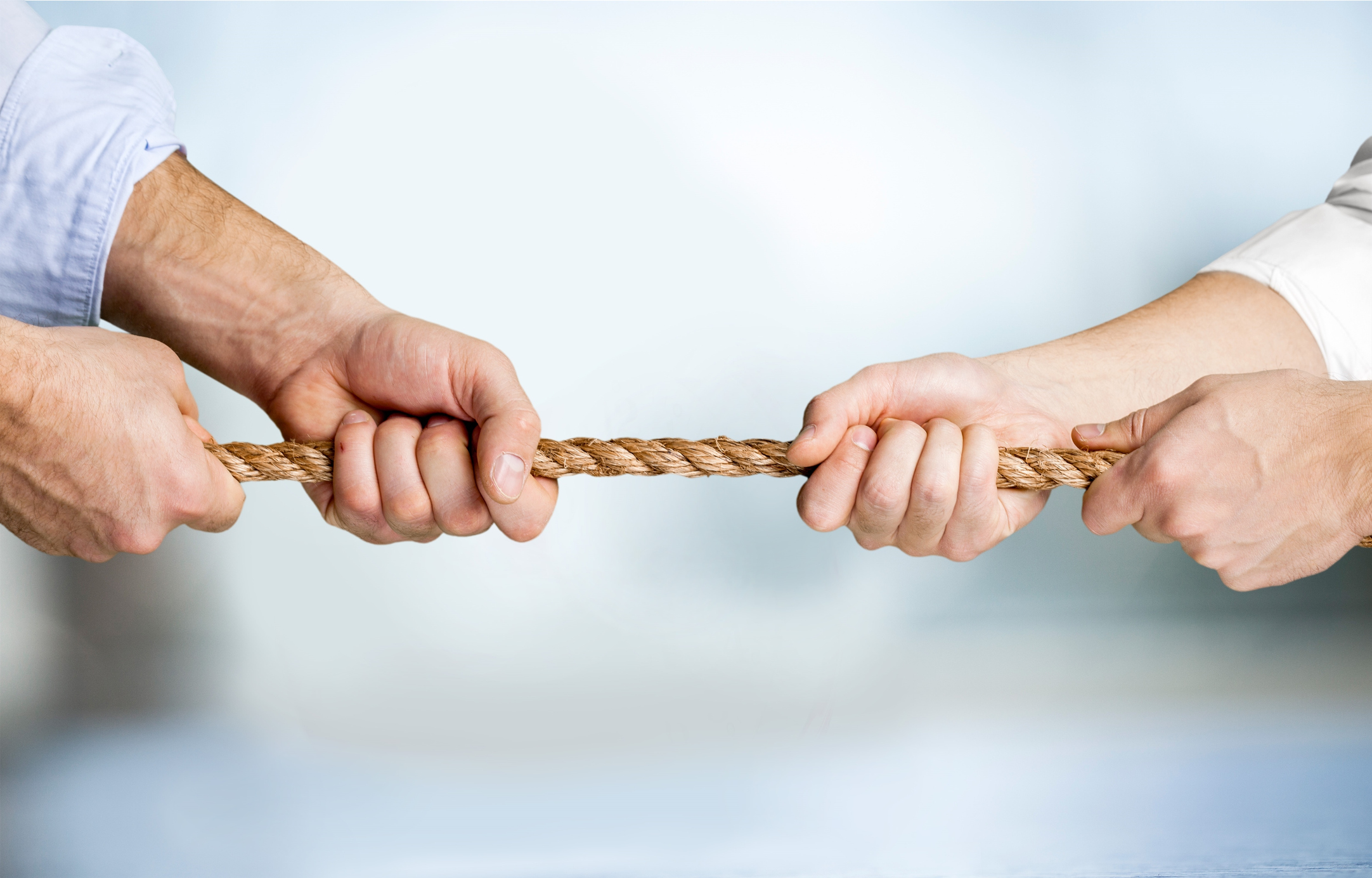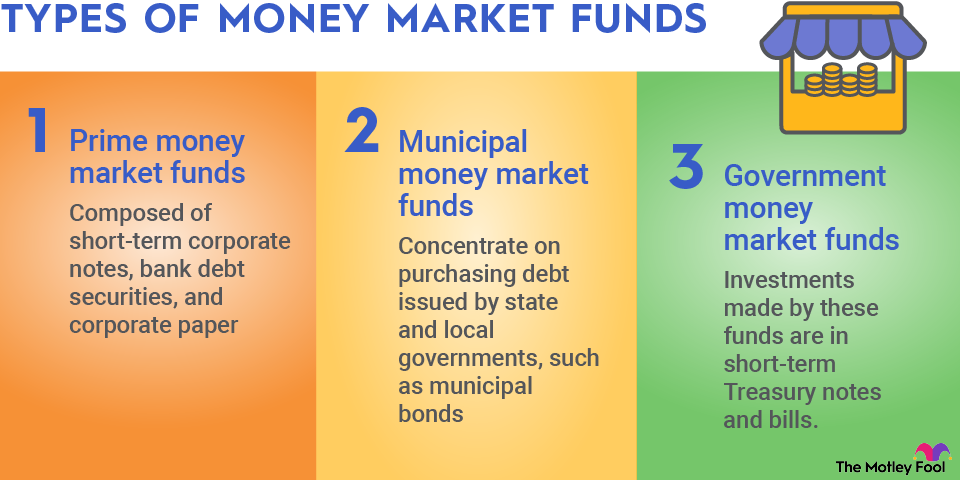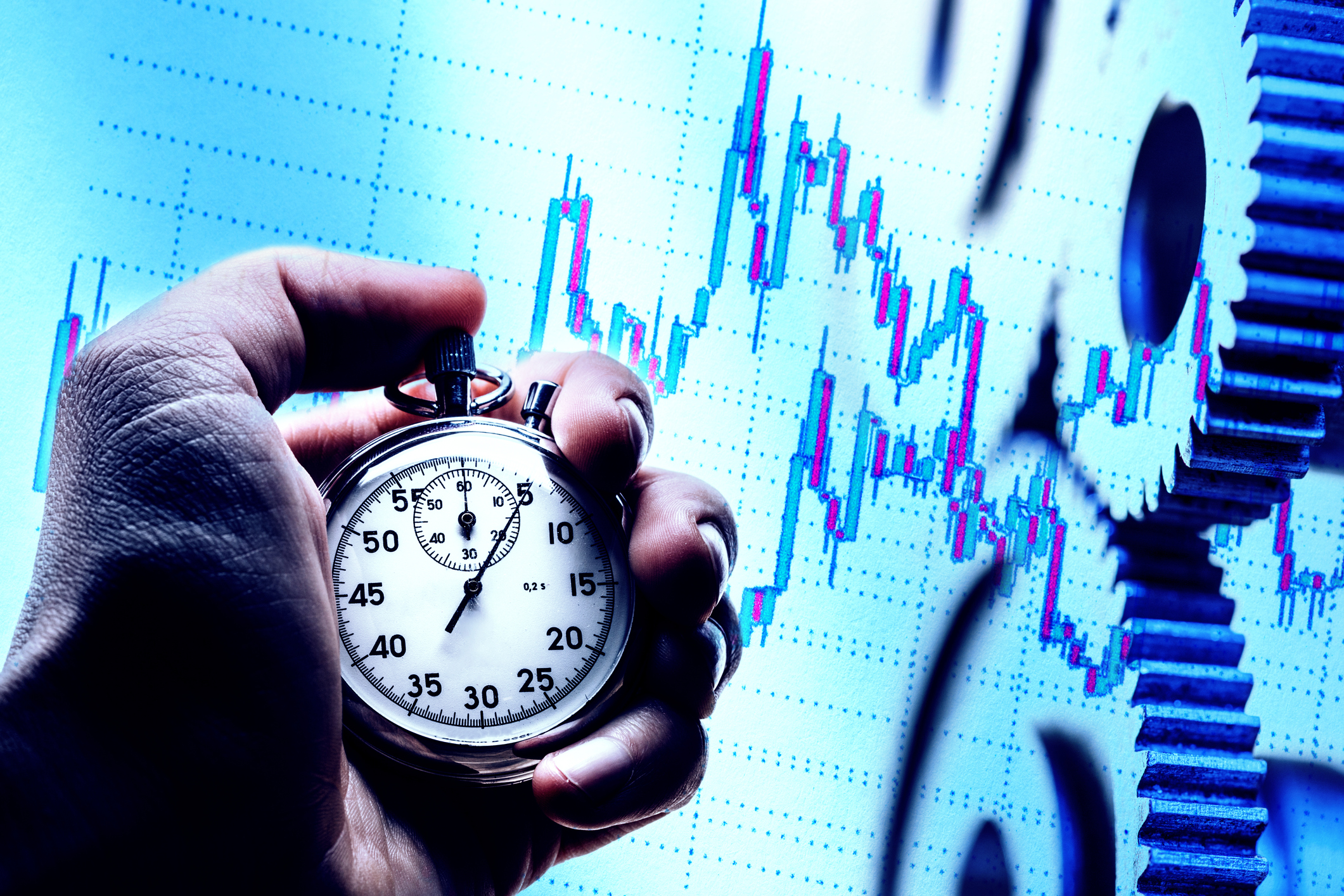Although people rely heavily on digital financial transactions these days, those aren't the only available options for making payments, purchasing things, or simply sending money to a friend or family member. There's also the noble money order, a sort of guaranteed check that's good almost anywhere.
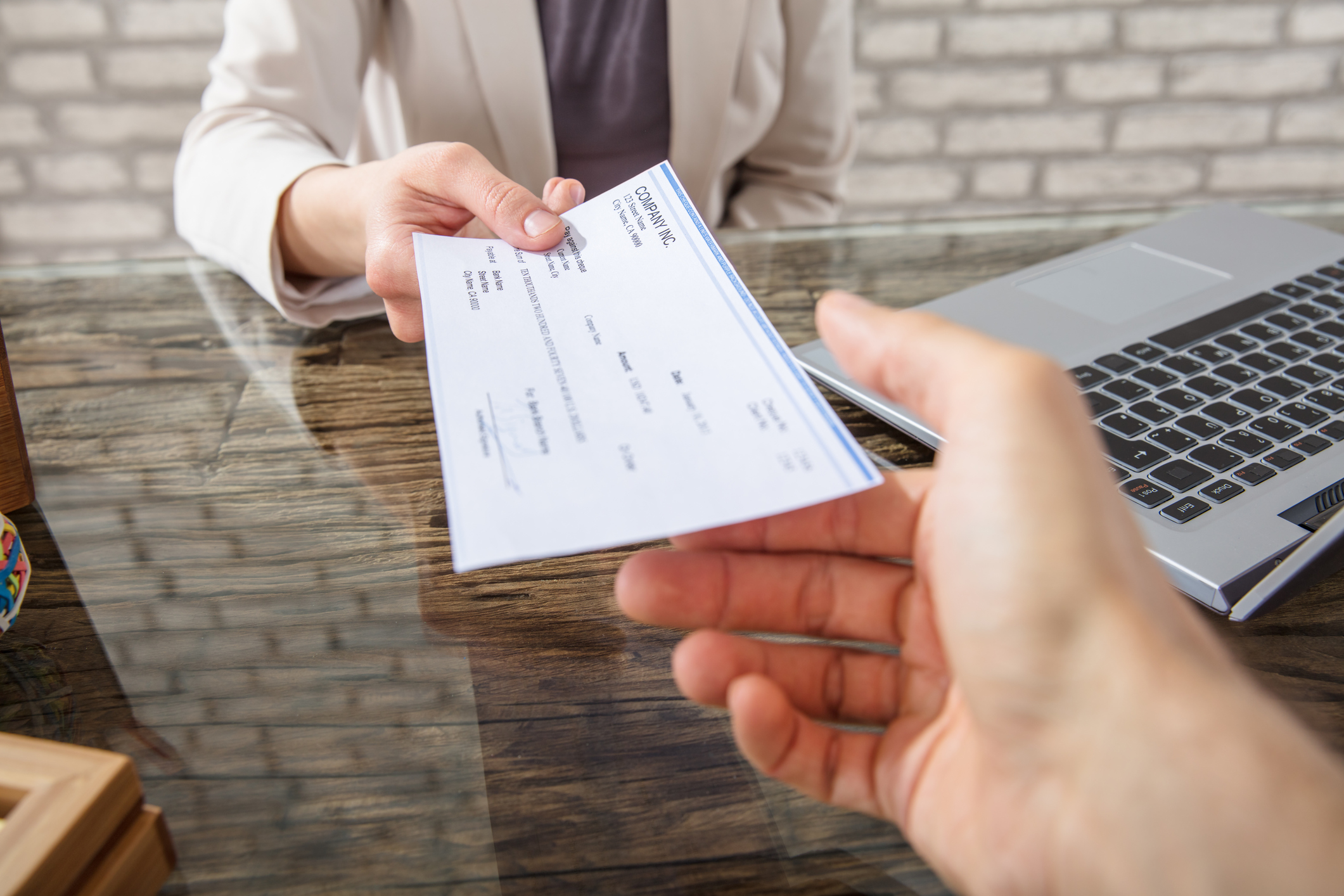
What is a money order?
A money order is a piece of paper that's worth the amount of money printed on its face. Like a personal check, it can be deposited or cashed for the face value, minus any fees, and then used just like any other form of payment. Unlike a personal check, a money order is prepaid, so it's guaranteed to be good.
Money orders can be a great way to securely send money to others, especially if you hold tight to a receipt that will help locate the money order if it goes missing or is stolen. But there are also a number of money order scams out there, so you should be wary about receiving a money order from a stranger, especially if it ends up being for more than you requested.
Money order advantages
There are many advantages to using a money order. These include:
Being able to send money to people without bank accounts. Although the unbanked only make up 4.5% of U.S. households, that's still plenty of people who don't have access to financial services. Money orders can be cashed with just an ID; no need for a bank account.
Knowing your money is secure. Sending cash through the mail is fraught with peril and generally frowned upon for security reasons. However, sending a money order is a whole different proposition. Since money orders are easy to track and trace, they're pretty secure, too. If someone does intercept the money order, you can trace it and recover your money if you keep your receipt.
Guaranteeing the money won't bounce. Unlike a personal check from a checking account or money market account, there's no way to bounce a money order. Since you have to present all the money at the time of purchase, there's no way it can be bad once it reaches the recipient.
Money order disadvantages
Money orders are great for slow transactions, but they have some disadvantages, too, including:
Being unable to be cashed everywhere. Unlike a check that can be cashed at any bank (if the holder has a bank account there), money orders must be either deposited in a bank account or cashed at the issuer, which can cause a further delay in receiving the money that's needed. It might not be a long delay, but if someone has already waited for a money order to arrive, that's even more time spent waiting.
Having many fees involved. Buying a money order and cashing one can both incur fees, depending on where you do the buying and cashing. These fees are often minimal -- usually just a small percentage of the money order -- but since they can be charged on both ends of the transaction, they can add up.
Requiring extensive investigations if lost or stolen. It can take some time to get a resolution if your money order is stolen or lost. Although all banks and issuers will have their own policies, the U.S. Postal Service says that loss or theft can take 30 days to confirm and 60 days to investigate. There's also a fee of $17.30, which may make it more expensive once you include the other fees.
Related investing topics
Money orders vs. personal checks vs. cashier's checks
You have lots of options for sending money the old-fashioned way. You can use a money order, a personal check, or a cashier's check. Each is its own thing, even if they behave similarly on the recipient's end.
A money order is purchased directly from the issuer with funds like cash or debit cards. They can be issued for as much as $1,000 and have several fees associated with them. Still, since they are often accepted internationally, they can be a good solution for many purposes.
Debit Card
Personal checks are written by the account holder as a sort of promise to pay. They may write these checks without actually having money to cover them (which can be a shock, to say the least, when the recipient tries to actually cash the check). A bounced check -- that is, a check that can't be honored -- can be pretty expensive for both the original account holder and the recipient.
Cashier's checks are the most secure type of paper check and are issued against the assets of a financial institution rather than simply against the cash you provide. That's why they're the go-to for transactions like closing on a home, where tens of thousands of dollars (or more) may need to be transferred at once. Banks are obviously a lot more invested in these checks than any other type.
